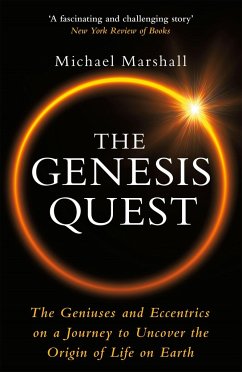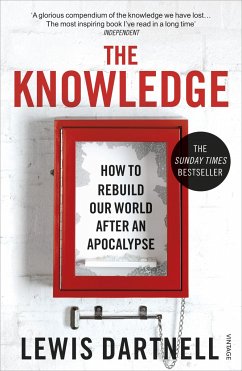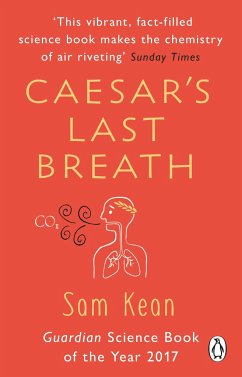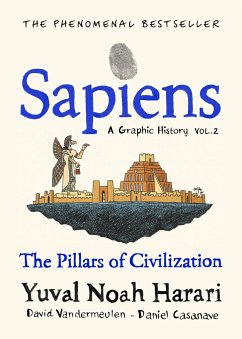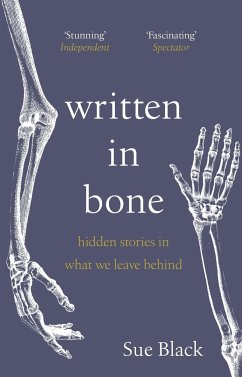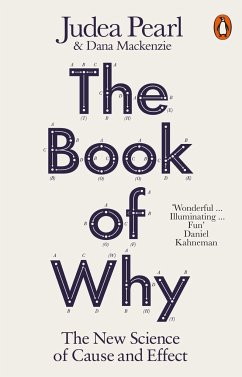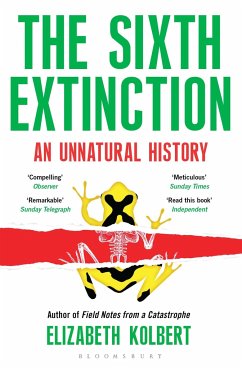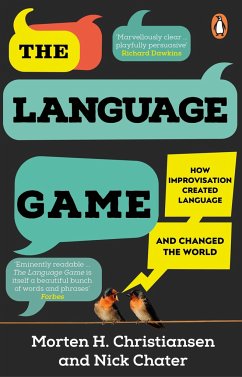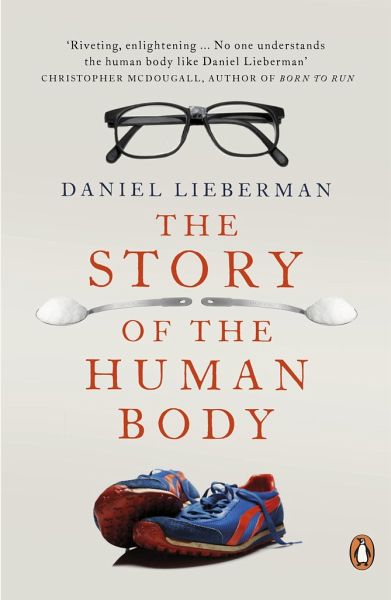
The Story of the Human Body
Evolution, Health and Disease

PAYBACK Punkte
6 °P sammeln!
In The Story of the Human Body, Daniel Lieberman, Professor of human evolutionary biology at Harvard, shows how we need to change our world to fit our hunter-gatherer bodiesThis ground-breaking book of popular science explores how the way we use our bodies is all wrong. From an evolutionary perspective, if normal is defined as what most people have done for millions of years, then it's normal to walk and run 9 -15 kilometres a day to hunt and gather fresh food which is high in fibre, low in sugar, and barely processed. It's also normal to spend much of your time nursing, napping, making stone ...
In The Story of the Human Body, Daniel Lieberman, Professor of human evolutionary biology at Harvard, shows how we need to change our world to fit our hunter-gatherer bodies
This ground-breaking book of popular science explores how the way we use our bodies is all wrong. From an evolutionary perspective, if normal is defined as what most people have done for millions of years, then it's normal to walk and run 9 -15 kilometres a day to hunt and gather fresh food which is high in fibre, low in sugar, and barely processed. It's also normal to spend much of your time nursing, napping, making stone tools, and gossiping with a small band of people.
Our 21st-century lifestyles, argues Daniel Lieberman, are out of synch with our stone-age bodies. Never have we been so healthy and long-lived - but never, too, have we been so prone to a slew of problems that were, until recently, rare or unknown, from asthma, to diabetes, to - scariest of all - overpopulation.
TheStory of the Human Body asks how our bodies got to be the way they are, and considers how that evolutionary history - both ancient and recent - can help us evaluate how we use our bodies. How is the present-day state of the human body related to the past? And what is the human body's future?
'Monumental. The Story of the Human Body, by one of our leading experts, takes us on an epic voyage' - Neil Shubin, author of Your Inner Fish
'Riveting, enlightening, and more than a little frightening' - Christopher McDougall, author of Born to Run
Daniel Lieberman is the Chair of the Department of Human Evolutionary Biology at Harvard and a leader in the field. He has written nearly 100 articles, many appearing in the journals Nature and Science, and his cover story on barefoot running in Nature was picked up by major media the world over. His research and discoveries have been highlighted in newspapers and magazines, including The New York Times, Boston Globe, Discover, and National Geographic.
This ground-breaking book of popular science explores how the way we use our bodies is all wrong. From an evolutionary perspective, if normal is defined as what most people have done for millions of years, then it's normal to walk and run 9 -15 kilometres a day to hunt and gather fresh food which is high in fibre, low in sugar, and barely processed. It's also normal to spend much of your time nursing, napping, making stone tools, and gossiping with a small band of people.
Our 21st-century lifestyles, argues Daniel Lieberman, are out of synch with our stone-age bodies. Never have we been so healthy and long-lived - but never, too, have we been so prone to a slew of problems that were, until recently, rare or unknown, from asthma, to diabetes, to - scariest of all - overpopulation.
TheStory of the Human Body asks how our bodies got to be the way they are, and considers how that evolutionary history - both ancient and recent - can help us evaluate how we use our bodies. How is the present-day state of the human body related to the past? And what is the human body's future?
'Monumental. The Story of the Human Body, by one of our leading experts, takes us on an epic voyage' - Neil Shubin, author of Your Inner Fish
'Riveting, enlightening, and more than a little frightening' - Christopher McDougall, author of Born to Run
Daniel Lieberman is the Chair of the Department of Human Evolutionary Biology at Harvard and a leader in the field. He has written nearly 100 articles, many appearing in the journals Nature and Science, and his cover story on barefoot running in Nature was picked up by major media the world over. His research and discoveries have been highlighted in newspapers and magazines, including The New York Times, Boston Globe, Discover, and National Geographic.



